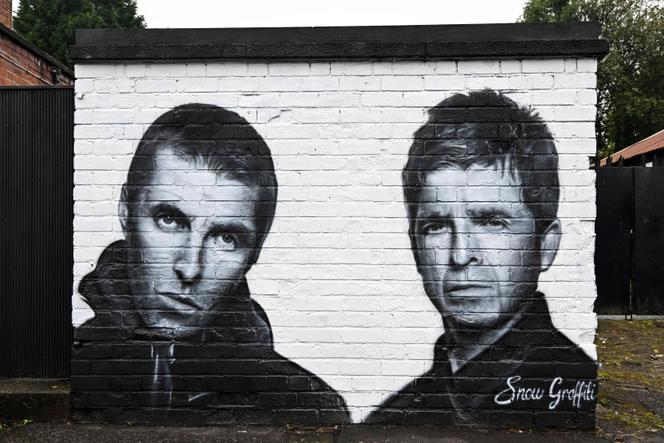


Nearly 10 million fans from 158 countries queued for hours on the internet to buy the Holy Grail: tickets to the concert by the finally reformed band Oasis. Only to be offered a ticket whose price had doubled while they waited. Scandal broke out across the United Kingdom. Questioned in Parliament, Prime Minister Keir Starmer expressed his outrage.
The famous singers from Manchester have apparently succumbed to the greed of American ticket sales sites, which adjust their prices in real time according to demand. As with a common airline ticket, the world of entertainment is plunging into the poisonous spiral of dynamic pricing, the great commercial invention that developed in the 2000s.
This isn't the first time Noel and Liam Gallagher have disappointed their fans. The last time was at the Rock en Seine festival in Paris, on August 28, 2009. Two minutes before the start of the concert, the two brothers, who were already no longer speaking to each other, got into an argument and threw guitars at each other. At around 10 pm, the organizer announced to the 30,000 spectators that "the band [Oasis] no longer exists." So this week's announcement of their reconciliation was greeted with enthusiasm by millions of devoted fans. But that was before they were submerged in the cold shower of the ticket price.
In a statement, the two brothers claim to have been unaware of this and promised two additional concerts. But Ticketmaster has been using this practice for a long time in the United States, where it holds over 70% of the major concert market. The firm, a subsidiary of entertainment giant Live Nation, insists that this is the fairest and most cost-effective way to combat wild ticket resales.
On websites such as StubHub and Viagogo, tickets for concerts by Lady Gaga, Taylor Swift and U2 are being resold at more than 10 times the face value. This represents huge money losses for organizers and artists alike. But here's the thing: Fans find it less unfair to have to pay crazy prices on the black market than to see the guy right in front of them in line pay 20% less for his ticket.
This decades-old practice of dynamic pricing first became widespread in the airline, transport and hotel industries. Uber turned the taxi industry upside down by adapting its prices to demand rather than using a meter. With artificial intelligence, it's spreading like wildfire: shops, restaurants, sports... It's making both smart buyers and sellers happy. But it also destabilizes many customers, who no longer know the price of things. This uncertainty also comes at a price: anger.
